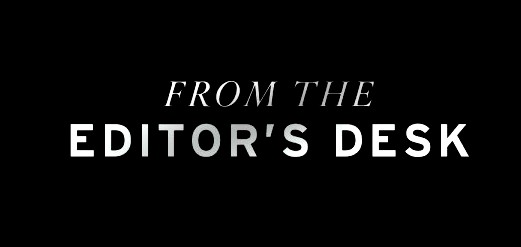EDITORIAL
Every year several students commit suicide after Board Examination results are declared. The nation celebrates the success of those who have done tremendously well in the mindless exam and scored a percentage that is definite to ensure a decent job or a lifestyle that society regards desirable.
It cannot be denied that the toppers must have given great hard work to achieve the success but it is important to question success as examinations have constructed the term.
What happens to the thousands of children who are not able to perform well? What is the future possibility of the students?
Every year many students succumb to the examination pressure, to the expectations of society and commit suicide. The media, the parents, the greater culture celebrates the success of those who have scored the best, not thinking about those who have not performed equally. Children are at an impressionable age and the manner in which culture stigmatises them is certain to hurt their consciousness and enable them to lose faith in their capacity.
The examination system generates a closed understanding of ‘success’ meaning only academic success but does not acknowledge other forms of talent whether it is in dance, photography, journalism or painting. From a very young age, children are labeled as being ‘intelligent’ and ‘dumb’. There is great expectation from society, teachers, school and guardians that constantly convey the message to the student that bad performance is unforgivable. We tell our children that examinations are not the end of the world when they fail or under-perform but seldom are they told this when they are toppers.
The paradox of the examination system makes it impossible for children with several talents to mature their potential. The children who commit suicide are not to be blamed but it is the society that has to be accountable.
We need to work on a pedagogy that enables children to develop their capacities in an enabling ambience. It is significant that problem posing education, as Paulo Freire reminds becomes a fundamental component of the education system.
Education has to become a phenomenon that enables the student’s imagination and critical thinking to grow. Another significant arena that requires attention is the development of the ethic of care. The student must be enabled to negotiate with the world, grow in diversity, become open, and develop empathy. It is significant that the student acknowledges that being rooted in her own culture will enable her to empathise and live with the other meaningfully. The capacity to collaborate with others, cultivate the ideals of an inclusive society become priorities. Our education system and society have to become open and receptive to diverse forms of talents that people have.
The Board Examination results lead to lack of self-respect, wounded minds, pain, and anxiety among several students. It is fundamental that curriculum and pedagogy are transformed and the education system is made inclusive and sensitive to diverse talents.









